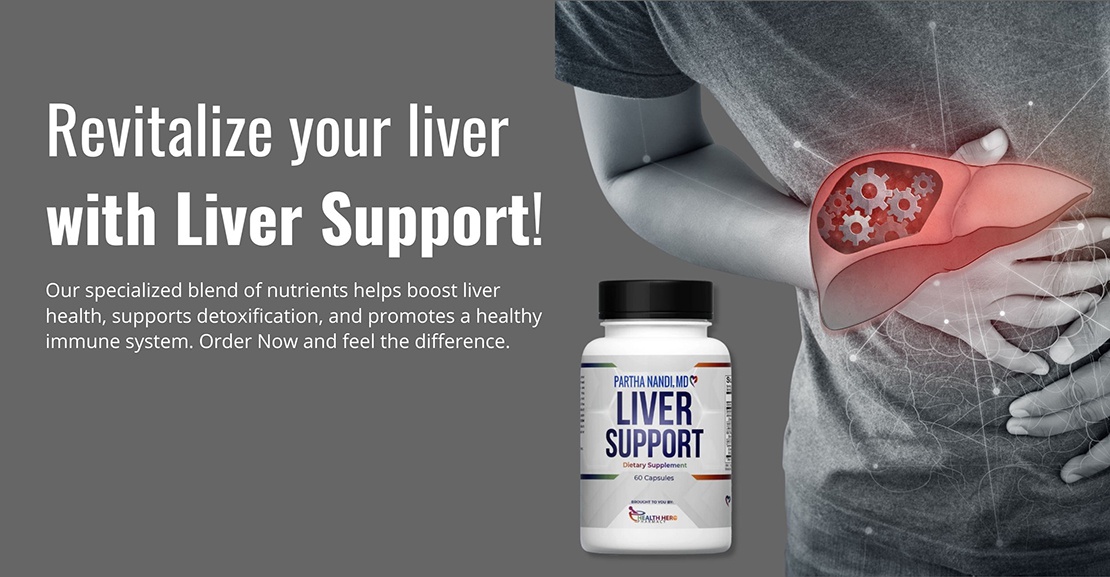Do you have a stomachache? You might think a night of indulgent eating is the source of your woes or that anxiety or fatigue are the culprits. None of these are wrong, but there might be another reason.
As you get older, food can sit undigested in your stomach and cause digestive distress. Bloating and flatulence, irritable bowel syndrome (IBS), small intestinal bacterial overgrowth, and other gastrointestinal (GI) conditions can worsen as you age.
Using new medications that slow GI motility, a decline in mobility, the onset of new diseases, dietary and hunger changes, and changes in gut immune function, can all contribute to gut health problems in our senior years. [1, 2]
Why Does Gut Health Decline With Age?
Our gut microbiota helps provide nutrients to our body and affects the immune system. After the introduction of solid foods in childhood, the gut microbiota gradually diversifies and tends to remain stable.
However, this gut microbiota diversity declines when we reach senior years, and there is an increase in certain types of bacteria that were previously not dominant, such as those that may be pro-inflammatory. At the same time, there is a decrease in the number of Bifidobacteria strains present. [3, 4]
Microbial diversity in stools also decreases with age. With the important role the small bowel plays in the absorption of nutrients, these changes in the microbiome may sometimes have an impact on the health of the elderly.
As we get older, we may also experience an overabundance of coliform bacteria. These are rod-shaped microbes that are usually found in the small intestines. Unfortunately, they can exert a negative influence on the rest of the microbial population.
Research suggests that changes in gut bacteria may contribute to the aging process. The implication is that protecting healthy gut microbes may help people live longer, healthier lives. [4, 5]
Future studies are ongoing to figure out if microbial changes drive the aging process rather than the other way around. Protecting the microbiome through healthy lifestyle choices or targeted medical interventions may keep people healthier for longer. [4]
Learning more about the balance of our microbiome — all the microorganisms, bacteria, viruses, protozoa, and fungi, and their collective genetic material in the GI tract — is always worthy of research.
You can use Dr. Nandi’s Gut Health Quiz to get started on empowering yourself to take charge of your health, no matter how old you are.

Habits to Avoid for Improved Gut Health
Strategies for gut healing are plentiful, but it’s just as important to know the bad habits that can ruin your gut health as you get older.
A bit of fitness, a healthy meal plan, and watching your weight are great, but there are some habits you really need to think about ditching if you value your health.
Here are some bad habits to watch out for:
- Taking Too Many Antibiotics
You should avoid taking antibiotics when they aren’t needed. Better yet, opt for targeted antibiotics rather than drugs that kill a wide range of bacteria.
After a broad-spectrum antibiotic treatment, gut bacteria grow back with less diversity, allowing more harmful bacteria to thrive. An unbalanced microbiota can lead to infections and disease, especially in the elderly.
- Not Getting Enough Exercise
Aging brings about a host of changes: metabolism slows down, body composition shifts, and hormone levels change. You don’t need as many calories to keep your body humming along. This means your older self can eat the same diet and get the same amount of exercise as your younger self but still end up putting on more weight. [6]
The good news is exercise and movement can bring about positive changes in the gut microbial composition, playing a role in energy homeostasis and regulation.
Energy intake is measured by the number of calories consumed from our food and fluids. Our energy expenditure is the sum of internal heat produced and external work, which is estimated by measuring our physical activity level. [7]
If our energy intake is higher than what is consumed in external work and other means of energy expenditure, this results in energy being stored as fat, causing weight gain.
Low-intensity exercise can also reduce transient stool time and the contact time between pathogens and the gastrointestinal mucus layer. [7]
So do some physical exercise or activity regularly, but remember not to push yourself too hard in the beginning.
- Letting Stress Get to Your Gut
Depression and physiological stress have both been shown to cause “leaks” in the intestinal tract barriers (the part that separates the contents of your gut from the rest of your internal organs). This condition is referred to as having a “leaky gut.”
When stress inflammation overcomes these barriers, inflammatory gut microbes and their toxins can enter your circulatory system.
How do you address this? It is worthwhile to learn about healing modalities such as mindful meditation, massage, yoga, breathwork, and journaling. These may help you deal with emotional issues and blocks that hold you back from feeling joyful, inspired, and energized.
Whether you wish to banish brain fog as you age, improve your memory, or boost your problem-solving skills, these practices can help ward off the negative effects that cortisol-producing stress can have on your brain — and your gut.
You can also further support your gut health with science-backed, nature-based supplements such as Digestive Enzymes and Fiber Complete from the Health Hero Pharmacy.

- Not Eating Life-Enhancing Foods
As you age, you should start shopping for probiotic foods that will improve the number of good bacteria in your body. Add these to your grocery list:
- Sauerkraut
- Kefir
- Kombucha
- Kimchi
- Yogurt
- Lentils, chickpeas, and beans
Don’t forget to introduce high-fiber foods into your diet, such as:
- Fresh fruit
- Dried fruit
- Nuts
- Seeds
- Quinoa
- Vegetables
- Whole grains
It’s also a good idea to limit alcohol and cigarettes. Alcohol consumption decreases beneficial gut bacteria and can cause serious problems, including dysbiosis, whereas smoking is an environmental risk factor for inflammatory bowel disease.
The gut microbiome also plays a key role in metabolizing flavonoids (found in tea, fruits, vegetables, and grains) to lower high blood pressure. This is achievable with simple changes to the daily diet, especially if you also have a greater diversity of bacteria in your gut. [9, 10]
A Good Gut Feeling
Overeating, unhealthy cravings, weight gain, and hormonal issues are commonplace in our golden years, compared to any other time in our lives. Yet it is a myth that a healthy gut cannot be maintained in old age.
Dr. Nandi’s Gut Health Quiz can help you navigate your diet, and help you (and your stomach), deal with any modern environment. It’s now easy to learn about nutrition and meal planning — no matter how old you are.

Sources:
- Small Intestinal Bacterial Overgrowth – PMC
- The aging gut. Nutritional issues
- Is healthy aging and increased longevity connected to the gut microbiome?
- Age and the aging process significantly alter the small bowel microbiome: Cell Reports
- Unique gut microbiome patterns linked to healthy aging, increased longevity
- Maintenance of Homeostasis in the Aging Hypothalamus: The Central and Peripheral Roles of Succinate – PMC
- Exercise Modifies the Gut Microbiota with Positive Health Effects – PMC
- Facts About Aging and Alcohol
- Microbial Diversity and Abundance of Parabacteroides Mediate the Associations Between Higher Intake of Flavonoid-Rich Foods and Lower Blood Pressure | Hypertension
- Flavonoids: an overview – PMC




















